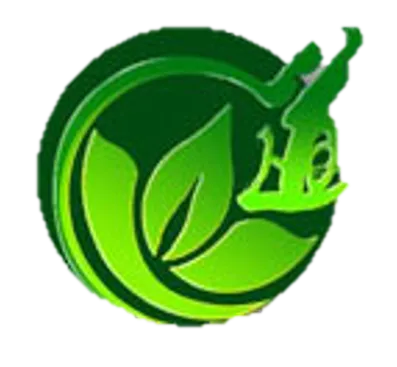Goiter (Enlarged Thyroid Gland)
Goiter (Enlarged Thyroid Gland) – A TCM Perspective
Dissolving Nodules by Regulating Qi and Transforming Phlegm
Goiter refers to the swelling or enlargement of the thyroid gland, which may be diffuse or nodular and can occur with normal, high, or low thyroid function. In Traditional Chinese Medicine (TCM), goiter falls under the category of “Ying Liu” (瘿瘤), meaning “neck swellings” or “scrofula-like masses.” TCM does not define goiter based on hormonal levels but as a disorder of Qi flow and Phlegm accumulation, often rooted in emotional stress, constitutional weakness, or diet-related imbalances.Rather than focusing only on the physical mass, TCM addresses the underlying organ disharmonies and promotes softening and resolution of the swelling, while supporting overall health and emotional balance.
🔹 TCM Understanding of Goiter
According to TCM theory, goiter is primarily due to the disruption of Qi circulation in the neck and throat region, particularly in the Lung, Liver, and Spleen channels. When Qi stagnates and Phlegm accumulates, a palpable swelling or nodule may form. Emotional factors (such as chronic worry or anger), poor diet, and constitutional deficiencies are often involved.
🔹 Common TCM Patterns and Treatment Strategies
✅ Qi Stagnation with Phlegm Accumulation
This is the most common pattern in goiter, often triggered by emotional stress, which causes Liver Qi stagnation. Stagnant Liver Qi obstructs the movement of fluids, which condense into Phlegm that accumulates in the neck.Symptoms: Soft or firm swelling in the neck, emotional stress, chest tightness, sighing, irritability, poor appetite, wiry pulse
Treatment Principle: Soothe Liver, regulate Qi, resolve Phlegm, and soften masses
✅ Phlegm-Damp Accumulation Due to Spleen Deficiency
When the Spleen fails to transform fluids, Dampness and Phlegm accumulate, forming nodules or masses. This type of goiter often develops slowly and may be soft or doughy to the touch.Symptoms: Neck swelling, fatigue, poor digestion, loose stool, pale tongue with greasy coating, slippery pulse
Treatment Principle: Strengthen Spleen, dry Dampness, transform Phlegm
✅ Liver Fire with Phlegm Nodules
Emotional constraint may transform into Fire, which congeals fluids into nodules. Nodules may be firm, painful, and grow rapidly.Symptoms: Red face, irritability, bitter taste, insomnia, firm painful goiter, red tongue with yellow coating, rapid pulse
Treatment Principle: Clear Liver Fire, transform Phlegm, reduce masses
✅ Qi and Yin Deficiency (Chronic Goiter)
In chronic or long-term goiter cases, there may be underlying Qi and Yin Deficiency, leading to poor circulation and failure to dissolve Phlegm over time.Symptoms: Long-standing swelling, fatigue, dry mouth, night sweats, dizziness, weak pulse
Treatment Principle: Tonify Qi and Yin, nourish the body, soften masses
🔹 Additional Therapies and Recommendations
Moxibustion: May be applied in deficiency-type goiter to warm Yang and resolve Phlegm.
External Applications: Herbal plasters with Hai Zao (Sargassum) or Kun Bu (Laminaria) can be used to soften masses.Dietary Guidance:Avoid cold/raw foods, dairy, and greasy or phlegm-producing foods
Favor warm, cooked foods and foods that support Spleen and Liver function (e.g., cooked grains, radish, seaweed in moderation)Emotional health: TCM emphasizes the role of stress and emotional constraint. Practices like qigong, meditation, or emotional counseling may be part of the treatment plan.
✅ Conclusion
In TCM, goiter is not merely a localized swelling but a reflection of internal imbalance involving Qi stagnation, Phlegm accumulation, emotional constraint, and organ deficiency. Treatment is always tailored to the individual's root pattern and focuses on resolving Phlegm, regulating Qi, and nourishing the body. Through the use of herbal formulas, acupuncture, lifestyle modification, and emotional support, TCM offers a comprehensive, natural approach to managing and reducing goiter while improving overall health and vitality.
